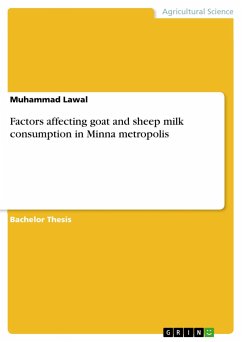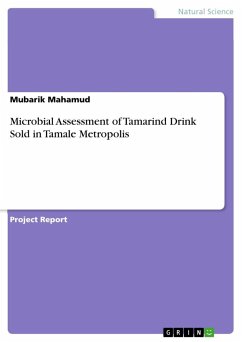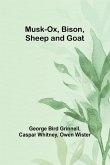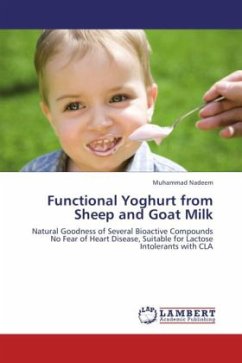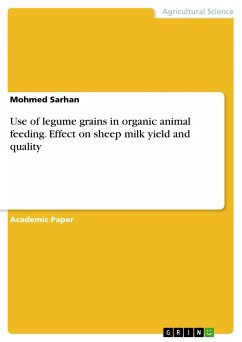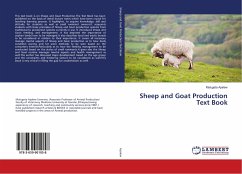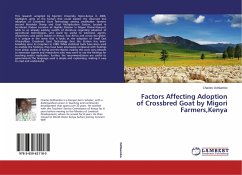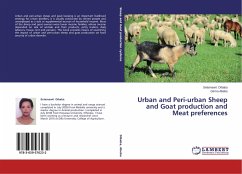Bachelor Thesis from the year 2007 in the subject Agrarian Studies, grade: A, , course: AGRICULTURAL ECONOMICS AND EXTENSION TECHNOLOGY, language: English, abstract: This study examined the factors affecting goat and sheep milk consumption in Minna metropolis, Niger State of Nigeria. Data were collected from 120 respondents randomly, using questionnaires. Simple descriptive tools such as frequencies, percentages and means were used to analyse the data. The result revealed that approximately 88% of the respondents are Muslims, and Gwari is the main tribe constituting 38% of the respondents. About 32% of the respondents have goat and 24% have sheep. Goat flock structure constituted 31% male and 69% female while sheep flock structure constituted 30% male and 70% female. Almost 90% of the respondents did not consume goat and sheep milk respectively. Unavailability and unawareness were the most important factors affecting the consumption of both goat and sheep milk. In general, the study revealed that goat and sheep milk consumption is not common in the area. Therefore, people should be enlightened about the nutritional values of both milks and they should be encouraged to consume the milks through education campaigns.
Hinweis: Dieser Artikel kann nur an eine deutsche Lieferadresse ausgeliefert werden.
Hinweis: Dieser Artikel kann nur an eine deutsche Lieferadresse ausgeliefert werden.

